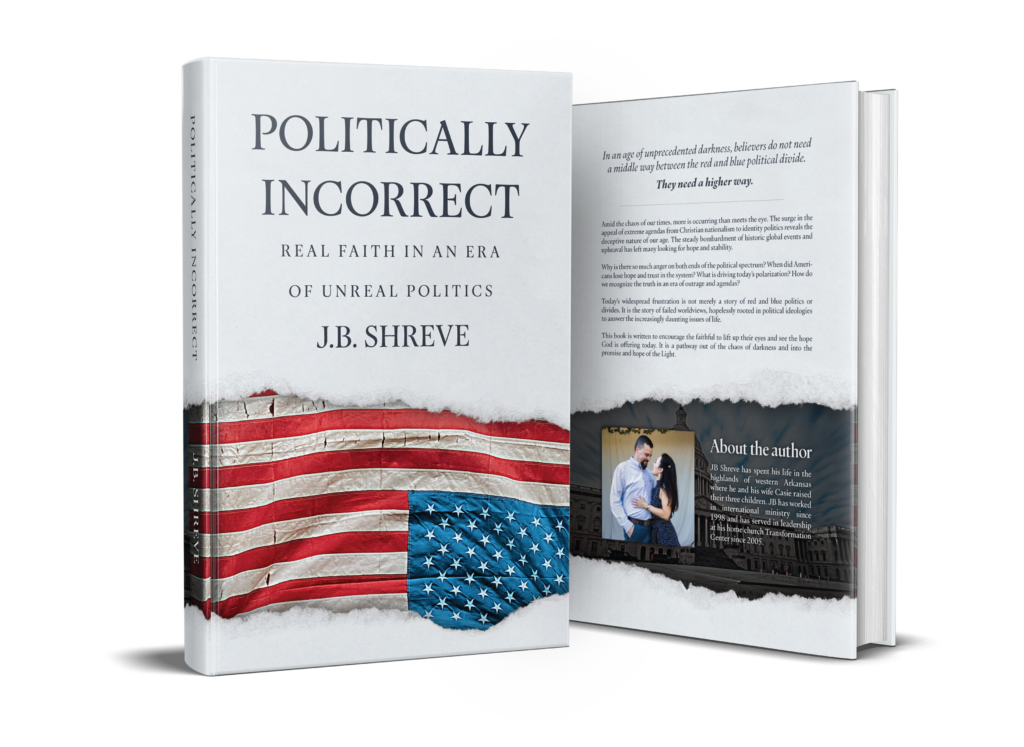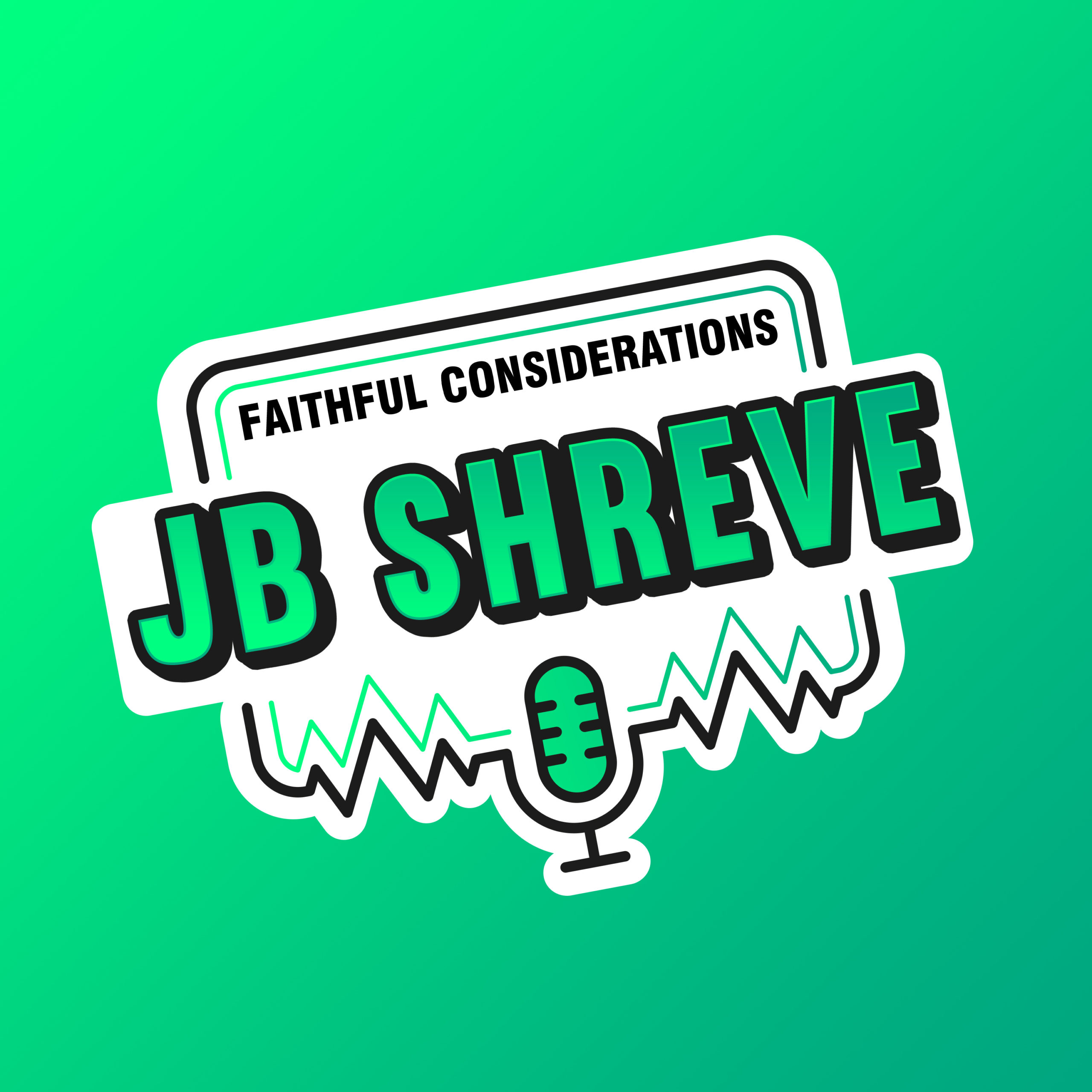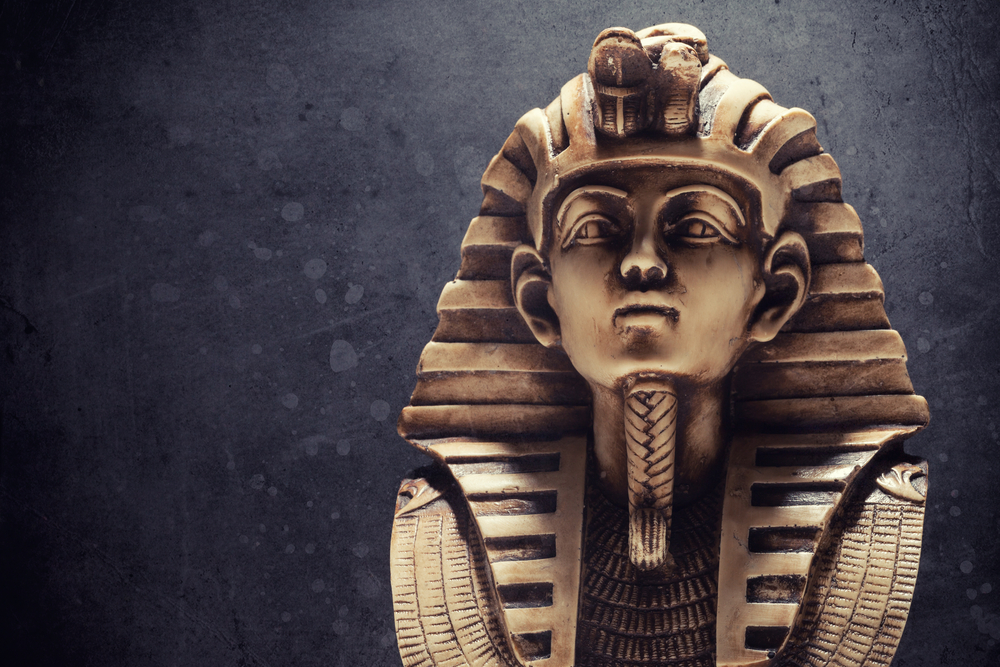The word heart is found 30 times in the book of Exodus. Nineteen of these uses (63%) relate specifically to the heart of Pharaoh. In fact, in the English Standard Version of the Bible, nearly every use of the word heart from Exodus 1 to Exodus 15 refers specifically to Pharaoh’s heart. Those references to Pharaoh’s heart only stop there because, in Exodus 15, we learn the fate of Pharaoh and his army:
the horse and his rider He has thrown into the sea. Exodus 15:1b (ESV)
If you are familiar with the story, then you might recall the nature of these references to Pharaoh’s heart. There is a back-and-forth description of what is occurring. In six verses, the Bible says, “God hardened Pharaoh’s heart.” In the other thirteen verses, it says, “Pharaoh hardened his heart,” or “Pharaoh’s heart was hardened.”
The difference in those verses, who hardened Pharaoh’s heart, may seem trivial at first, but the hardening of Pharaoh’s heart ultimately leads to the king’s death and the destruction of Egypt.
Therefore, it seems crucial to understand what exactly took place with Pharaoh’s heart. Did an all-knowing, all-powerful God force the Egyptian king to a path of self-destruction to fulfill God’s purposes, or did the king refuse to humble himself and determined his own fate by his hard-heartedness?
The Heart Is Key
Everything comes down to the heart. The seed of who we are, who we will become, and everything in between is found in the heart. There is a reason we are told to guard the heart above all else, for from it spring the issues of life (Proverbs 4:23). The development of our heart is not a passive process. It is the total of all our experiences as well as our responses to those experiences, for better or worse.
A good, strong, trustworthy human heart is built upon the Word of God. A darkened, weak, destined to fail human heart is built upon the things of this world. The things of this world can be a host of alternative foundations contrary to the Word of God. Some examples include self-will or self-interest, greed, personal comfort, and many others.
An earth-based value system and life can recline and just go along with the flow. Although that life is doomed to failure, much of the journey to that inevitable end is much easier and much more comfortable. Such a life is not seeking personal development or transformation. It is content to do and be what comes naturally. There is no need to change.
For the gate is wide and the way is easy that leads to destruction, and those who enter by it are many. For the gate is narrow and the way is hard that leads to life, and those who find it are few. Matthew 7:13-14 (ESV)
However, a heart built upon the Word of God requires deliberate, proactive decisions and follow-through steps of obedience. Such a heart realizes that the easy and comfortable choices are not always the right ones. The path to life is narrow and hard but worth the effort when that destination is realized.
Pharaoh’s Heart
When I read these verses regarding Pharaoh’s heart in Exodus, I see two things at work simultaneously. First, an all-knowing God knew how it would all end. Therefore, in the first mention (Exodus 4:21 and 7:3), God says, “I will harden his heart.” Although God knew how the story would end, God did not immediately jump to a position of damning Pharaoh to the results that the king’s hard heart produced.
For the next several mentions of Pharaoh’s heart, each instance reads that Pharaoh, not God, hardened his heart. Each of these moments represents the occasion when Pharaoh could have changed. He could have denied his own will. He could have humbled himself. He could have surrendered to the awesome power of God on display all around him. But in each pivotal moment, Pharaoh did not choose the narrow and hard path. He retreated to his comfort zone, his habits, his insistence that his own will was supreme above all else.
The odds were stacked against Pharaoh from the very beginning. He was the product of generations of kings who believed the whole world bowed to their will. For generations, their environment and circumstances validated that false belief. As a child growing up in his father’s court in Egypt, the young Pharaoh was taught that he too was supreme, even divine, and he never needed to surrender to any higher authority than himself.
Incidentally, scripture teaches us that the role of parenting children is to divert them away from that pathway of self-centeredness. When Proverbs says a parent is to Train up a child in the way he should go, the implication is that the parent knows the way that child should go and directs the child toward that correct pathway.
By the time Moses confronted Pharaoh, the king did not know how to change. He did not know how to guide his heart to righteousness and obedience to God. He only knew the false god of self-will. So time and again, in the face of miracles and plagues, we read – “But Pharaoh hardened his heart.”
Finally, the accommodation given by God to Pharaoh comes to an end, and we read, “But the Lord hardened the heart of Pharaoh, and he did not listen” (Exodus 9:12). The reality that God foretold in chapter 4 is now realized.
Pharaoh’s unwillingness to humble and grow signed his own death certificate. The hard heart of Pharaoh was the result of his rebellion and foolishness, and that fit perfectly with God’s plan for the Exodus.
Our Hearts
The management of our hearts is a serious affair, perhaps one of the most serious we will ever participate in. A faithful lifestyle is a lifestyle built upon moving our heart away from our self-will and other false foundations and moving it toward the will of God. That responsibility is not easy, but it is the pathway to life!






What do you think?
Show comments / Leave a comment